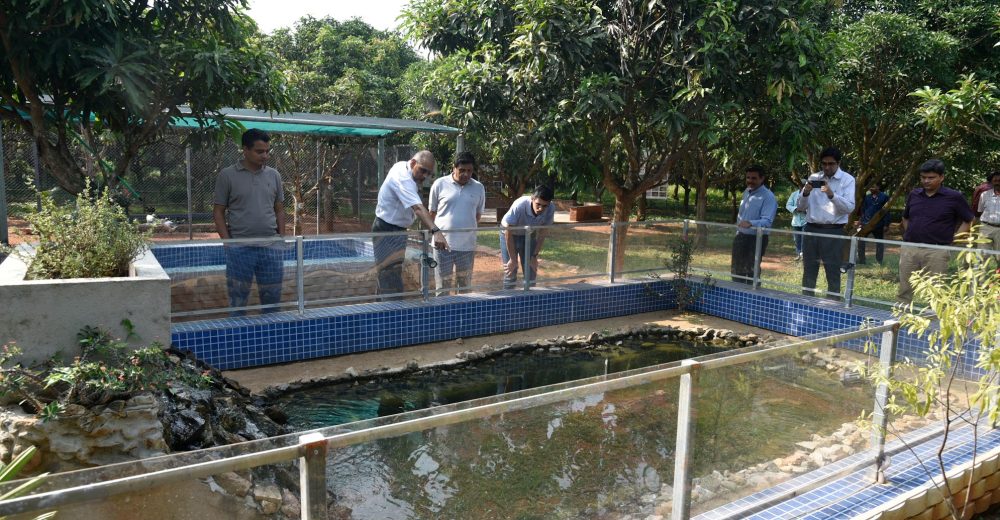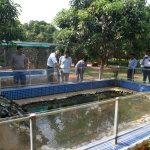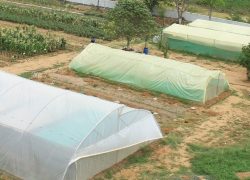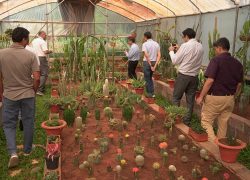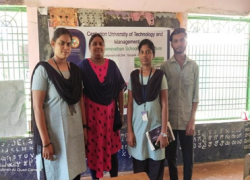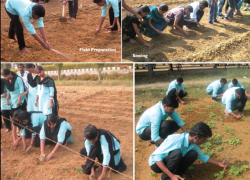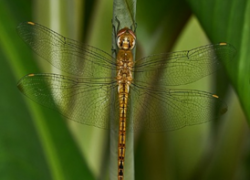Ensuring Water Quality and Environmental Responsibility
At Centurion University, the commitment to environmental responsibility goes beyond waste management. However, the University’s dedication to environmental stewardship extends to various research activities and waste management practices that contribute to safeguarding water quality and, consequently, protecting ecosystems, wildlife, and human health and welfare.
The University is actively engaged in diverse research activities that align with its mission of environmental conservation. Some noteworthy projects include the development of eco-friendly plates and bowls from straw waste, heavy metals removal from treated sewage water through phytoremediation, and the creation of construction materials such as paver blocks, bricks, and wall panels from various waste sources. These initiatives not only reduce waste but also have a positive impact on water quality by preventing harmful substances from entering water bodies.
The University prioritizes the proper management of biomedical solid waste. The waste is meticulously segregated and stored in specially designated bins, which are then collected from various locations within the campus. These bins, filled with biomedical waste, are handled by Saniclean Private Limited, a partner with whom the University has signed a Memorandum of Understanding (MoU). Saniclean ensures the safe and environmentally sound disposal of biomedical waste. Moreover, to address specific needs, the university has installed incinerators in the ladies’ hostels for the safe disposal of used sanitary pads. This approach not only promotes hygiene but also prevents potential water contamination.
While specific water quality standards and guidelines for water discharges are not explicitly outlined, the university’s dedication to responsible waste management and innovative research underscores its commitment to environmental protection. Centurion University’s efforts contribute to the broader goals of preserving ecosystems, safeguarding wildlife, and enhancing the overall well-being of its community and the environment.
